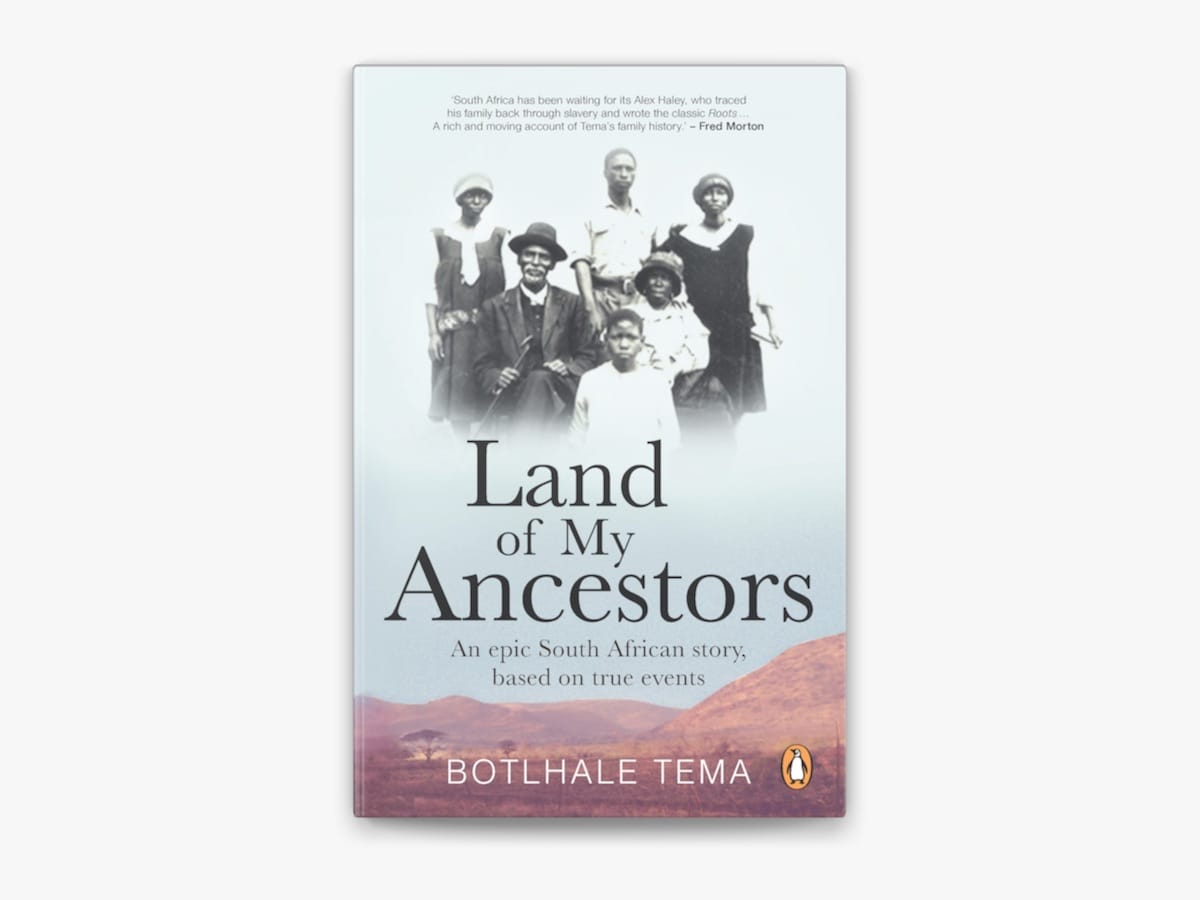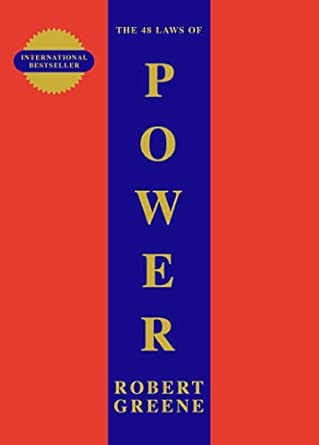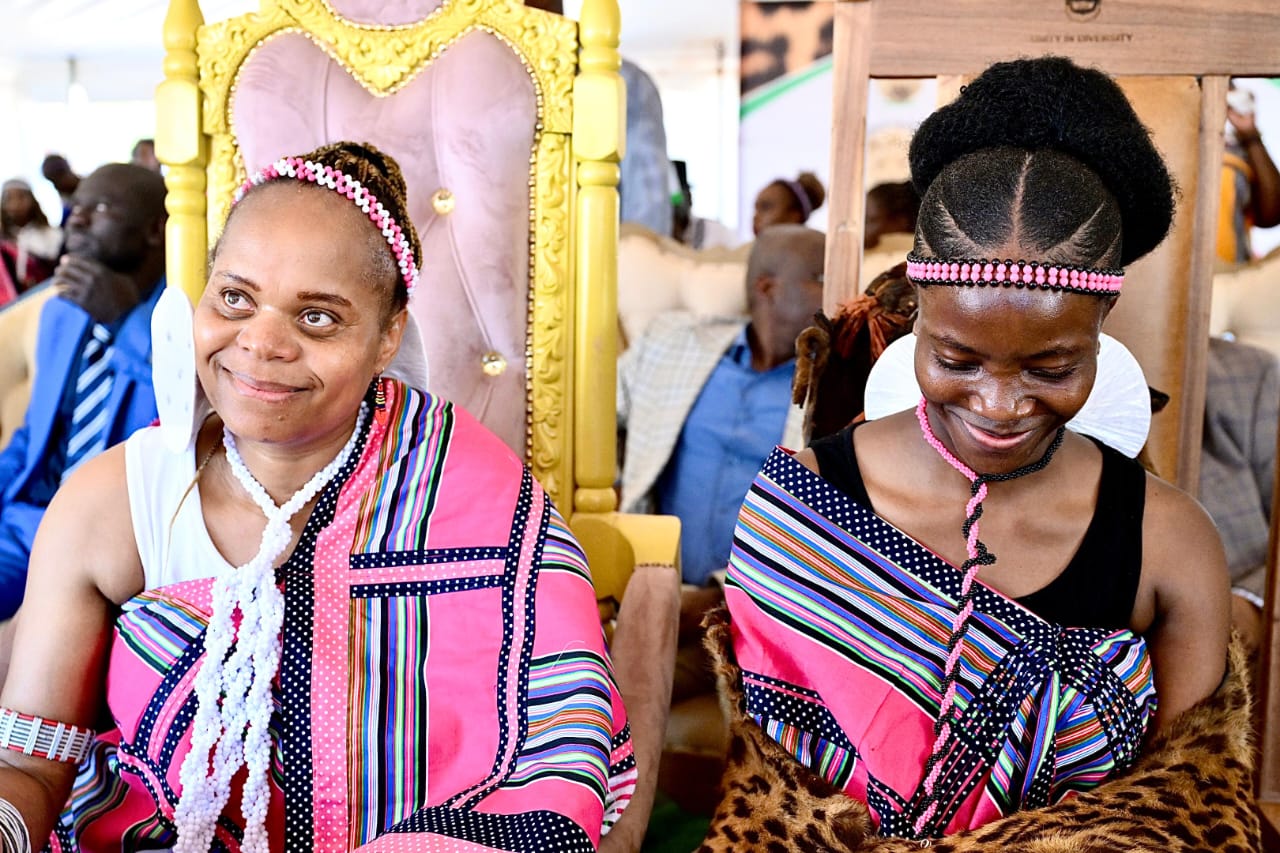A gripping memoir where personal discovery meets national history, uncovering the hidden legacy of slavery and land dispossession.
Credits: Apple Books
By Duncan Mnisi
Book Review – In Land of My Ancestors, Dr Bothlale Tema resurrects a silenced past that connects personal memory with South Africa’s broader historical wounds. What begins as nostalgic childhood recollections soon evolves into a powerful reckoning with slavery, land loss, and resilience.
Tema grew up visiting Welgeval, a once-thriving farming community near Rustenburg. “Every weekend we would travel back to Welgeval, where I knew everyone and was related to nine out of ten people I encountered,” she recalls. For her, this village was a place of warmth and belonging—until she unearthed a darker truth.
While working on a UNESCO project, Tema discovered her ancestors were not simply Dutch-speaking Africans but the descendants of slaves. Boer commandos had raided villages, seizing women and children—what they chillingly called “black ivory”—to work on farms in the western Transvaal.
“How did my people transform that amount of pain and trauma from their past to produce me, who felt privileged by my upbringing?” she asks in one of the book’s most haunting reflections.
The book traces the community’s struggles with land dispossession, from the 1913 Land Act to their forced cession of land titles in the 20th century, culminating in 1980 when Bophuthatswana incorporated Welgeval into the Pilanesberg National Park. The loss of home was devastating, yet Tema frames it within a broader story of endurance.
Reviewers hail the narrative for its dual lens—at once intimate and historical. Thekgo Raseala writes that the story of Polomane and Maja, Tema’s forebears, “started something that could be passed down from generation to generation … our ancestors were brave and strong and innovative in their years of life. They made a way and that is our heritage.”
At less than 250 pages, “Land of My Ancestors” is both memoir and manifesto, reminding South Africans that confronting painful truths is essential to reclaiming dignity. Tema’s journey ensures that Welgeval, though erased from the map, lives on in memory and history.






